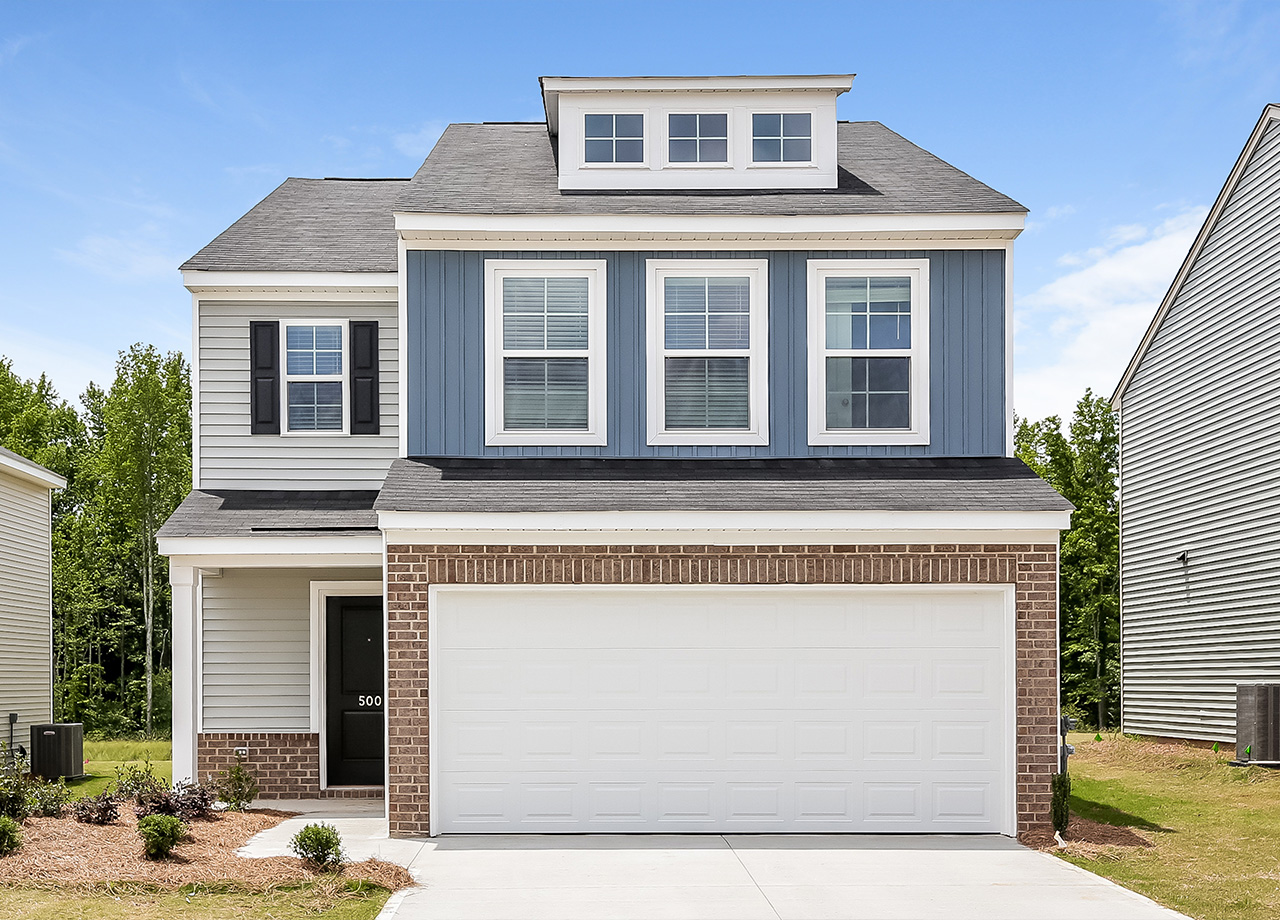• Identify the features which are most significant for you, such as for example location, number of bedrooms, square footage, and amenities.
• Consider longterm goals, like proximity to work, schools, and public transport.
An undervalued property is one that is priced below its true market value. This can occur for various reasons, such as for example:
• Distressed Sales: The master might be under financial pressure, such as foreclosure or divorce, and is motivated to offer quickly.
• Outdated Listings: Properties that have been available on the market for a protracted period may see price reductions to attract buyers.
• Cosmetic Neglect: Homes that need minor cosmetic updates (paint, landscaping, or fixtures) often sell for less despite having good structural bones.
• Mispricing: Sellers or agents may inaccurately price the property because of lack of market knowledge.
• Emerging Markets: Properties in neighborhoods on the cusp of development may be undervalued because of current perceptions, although future appreciation is likely.
Purchasing a property is among the largest financial commitments you could make, and it's essential in order to avoid overpaying for a property. Overpaying can result in longterm financial stress, reduced equity, and potential difficulty reselling the home down the line. Fortunately, with the proper approach and strategies, you can make an informed, smart purchase that aligns with your budget and longterm goals. This guide offers actionable advice on how best to research market trends, assess property values, and negotiate effectively to ensure you're paying a fair price for the next home.
Arrange furniture to spotlight the flow and maximize the functionality of each and every room.
Add inviting touches like fresh flowers, throw pillows, or rugs for warmth and texture.
Pay special awareness of key areas including the family room, kitchen, and master bedroom.
Professional Photography: Highquality photos are necessary for online listings, as a general rule buyers start their search online.
Virtual Tours: Offer 3D walkthroughs or video tours for remote buyers.
Compelling Descriptions: Highlight key updates, unique features, and neighborhood perks in the listing.
Pricing your home correctly is a must for a fast and profitable sale. Setting the right price may be challenging, but it's certainly one of the main steps to ensure your house attracts the proper buyers.
Selling a home is not only about putting it on the market industry; really want presenting it in the absolute best light to attract buyers and secure top dollar. Whether you're aiming towards a fast sale or maximum price, making strategic improvements to your home can significantly impact its marketability and value. This informative guide explores costeffective updates and renovations that increase your property's potential and set it up aside from the competition.
Fix leaky faucets, squeaky doors, or cracked tiles.
Ensure HVAC systems, plumbing, and electrical systems come in good working order.
Replace or repair broken windows, roofing, or siding as needed.
B. Evaluate the Home's Condition
What It Means: The condition of the home significantly impacts its value. If the home requires significant repairs or updates, it might be priced higher than what it's worth.
Just how to Evaluate:
Get a home inspection before finalizing your purchase. An inspector will measure the home's condition, including structural issues, plumbing, electrical systems, and appliances.
If the property needs repairs or updates, factor those costs into your offer. A property that needs significant work may not be worth paying top dollar for, especially when the cost of repairs is high.
A. What It Is and Why It Helps
Preapproval vs. Prequalification: Preapproval involves a thorough assessment of one's financial situation by a lender, and it offers you a more accurate concept of simply how much you are able to afford. Prequalification is just a less formal process that gives a difficult estimate of your budget.
How It Protects You: A preapproval letter sets a clear budget, helping you avoid considering homes you can't afford. In addition it provides you with leverage when negotiating, as sellers are more prone to consider your offer seriously when they know you've financing secured.
• Lenders will request a number of documents, such as for example pay stubs, bank statements, tax returns, and proof of insurance. Make certain that you submit these promptly to prevent delays.
• Determine whether the asking price is fair centered on comparable sales and the property's condition.
• Consult together with your agent to find out a suitable offer price.
b. Categories of Issues
Major Defects: Structural problems, faulty electrical wiring, or a broken roof.
Safety Hazards: Issues like mold, asbestos,
Condo Buying Tips or inadequate ventilation.
Maintenance Items: Minor repairs such as leaky faucets or cracked tiles.
